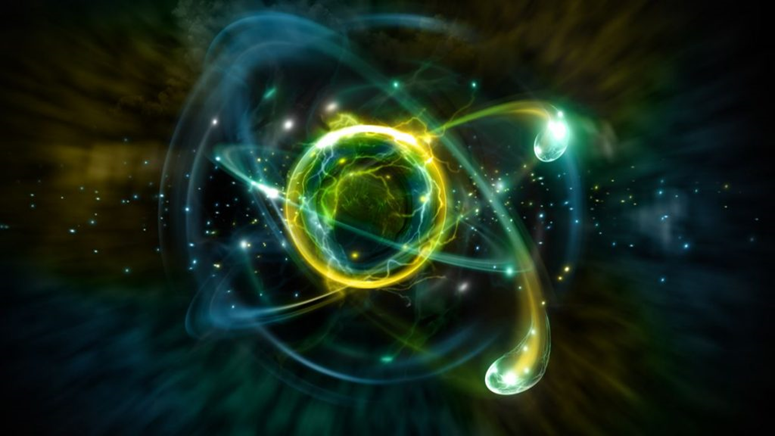Discovery of a new quantum state of matter

Sola Solandra / Shutterstock.com
It opens new perspectives in the field of fundamental physics
A team of American researchers has discovered a new quantum phase of matter, opening up new perspectives in the field of fundamental physics.
kinetic frustration
We all know three states of matter : solid, liquid and gaseous. But under extreme conditions, such as temperatures near absolute zero (-273.15°C), objects much smaller than an individual atom, or exceptionally low energy states, new phases can be discovered.
In the context of work published in the journal Nature , Tigran Sedrakyan and his colleagues at the University of Massachusetts looked at the phenomenon of “ kinetic frustration”. If the result of interactions between “classical” particles turns out to be predictable, like billiard balls, in a “frustrated ” quantum system, their behavior becomes random and seems to defy the laws of physics as we know it.
In order to study these effects, the team designed a “frustration machine”: a semiconductor device made up of two layers whose spacing turns out to be less than the diameter of an atom. While the first layer is filled with free-moving electrons, the lower layer is riddled with “holes”: positively charged places that can be occupied by moving electrons.

Ezume Images / Shutterstock.com
Correlated, i.e. ordered and predictable, motion of particles is expected if the number of electrons and holes is equal. By disturbing this balance, the researchers created a frustrated system, compared to a game of musical chairs for electrons, as well as a whole new phase of matter with surprising characteristics: the chiral state of the Bose liquid.
the chiral state of bose's liquid
By cooling quantum matter in this chiral state to a temperature near absolute zero, the electrons freeze in a predictable pattern, and the neutral particles that appear when electron-hole pairs are created all spin clockwise. or in the opposite direction.
This spin cannot be changed, even if one introduces strong external magnetic fields or if one bombards the Bose liquid in the chiral state with other particles. When an external particle is introduced, one would expect it to knock one of the particles out of the chiral state. However, due to a phenomenon known as long-range quantum entanglement , all the particles in the system are projected as if they had been struck simultaneously by it.
According to the study authors, the spin direction of the new state is so robust that it could potentially be used for error-free quantum decryption.
Source : websites

